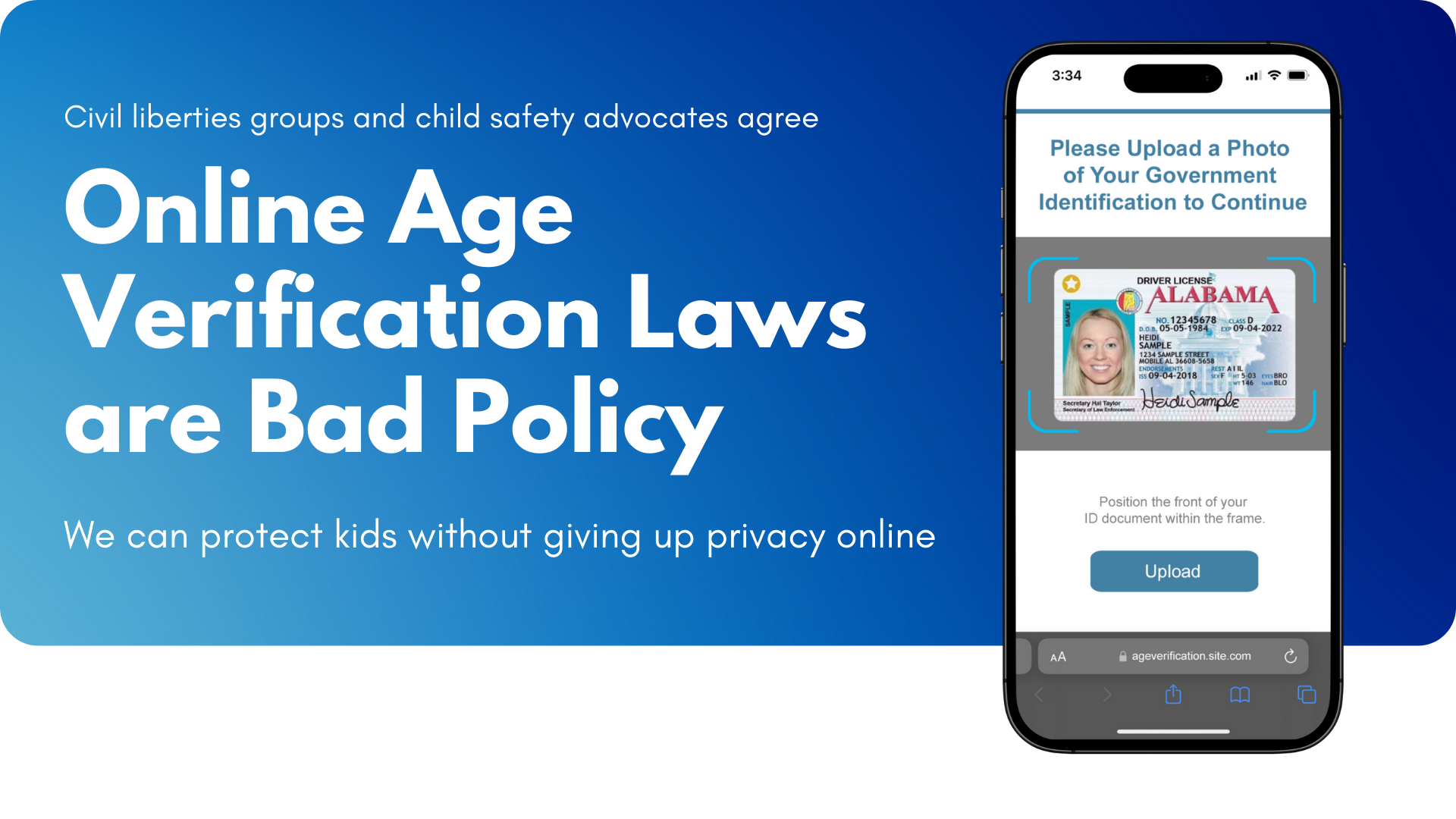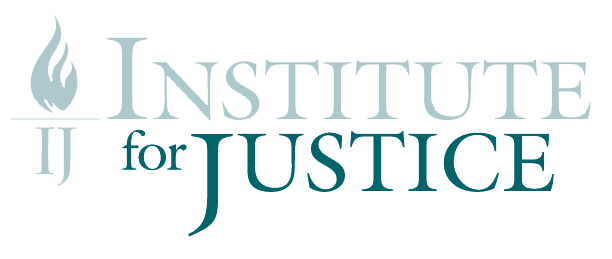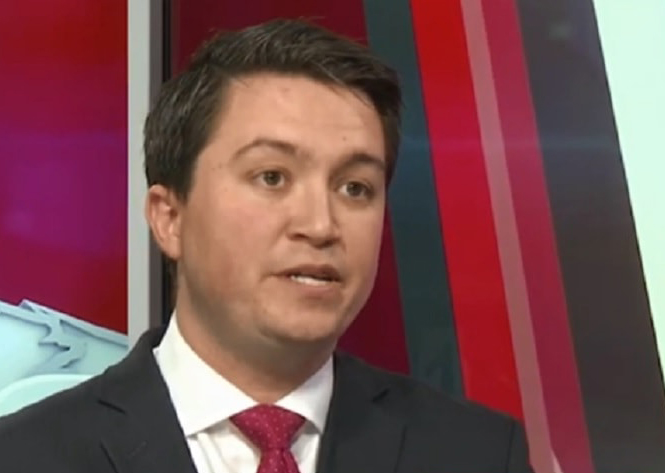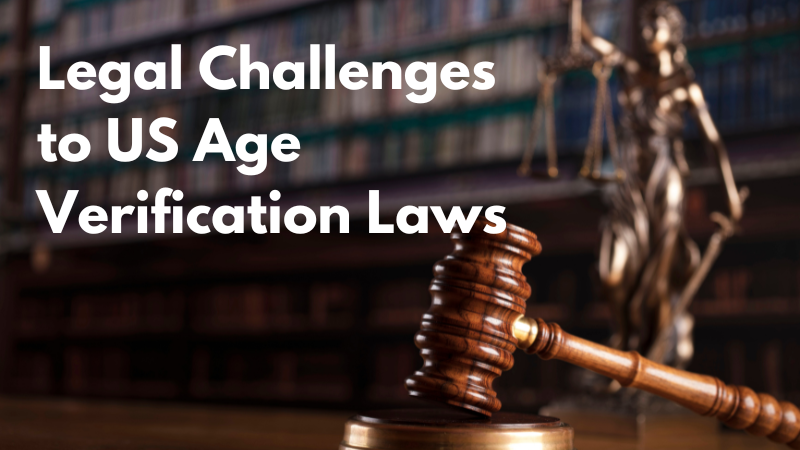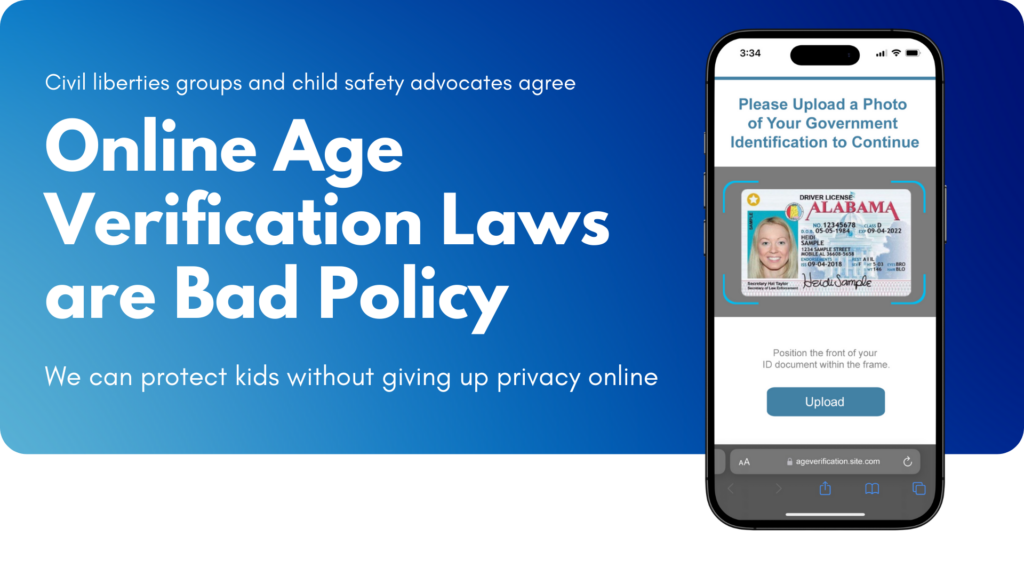
Why Age Verification Laws are Bad Policy
No one wants kids accessing adult content — or graphic violence, medical misinformation, Nazi forums or other content inappropriate for minors. But requiring ID to access the internet is dangerous for everyone.
They Don’t Work
Think age-verification legislation is effective? Think again. Data show that visitors are adept at evading the restrictions thanks to the vast, global nature of the web, the wide availability of adult content on non-adult sites, and easy access to technology to surmount it. We can and should work to stop minors from accessing adult content, but these laws don’t.
Learn MoreSurveillance Risks
Being forced to submit to a facial scan, upload your ID, or submit sensitive information to a third-party to check with your employer, bank or government database about your visit to an adult site — leaves you open to public exposure, identity theft, monitoring and extortion.
Learn MoreThe Censorship is Intentional
Given the risks, most consumers are unwilling to submit to identity verification — a chilling effect that’s just as effective as direct government censorship. These laws use incredibly broad language to target websites based on their content. We’ve already seen it used to censor art, literature and health information in schools, public libraries, healthcare and public events.
Learn MoreThere Are Better Ways to Protect Kids
Protecting children online is incredibly important. While website-based age verification has been proven ineffective at accomplishing this goal, there are effective, privacy-preserving, and user-friendly options that parents and lawmakers can use to protect young people on the internet.
Learn More“Adults in America have a First Amendment right to read about sexual health, see R-rated movies, watch porn, and otherwise access information about sex if they want to. They should be allowed to exercise that right as they see fit, without having to worry about exposing their personal identifying information in the process”
— Vera Eidelman, ACLU
Common Myths About Age Verification
“It’s common sense. We ask for ID in a liquor store, so we should do it online!”
The two are very different. Flashing an ID at a grocery store leaves no data trail. You don’t worry about ID theft, surveillance or exposure and extortion. Flashing an ID is seamless and free, whereas online verification is expensive and difficult to comply with: ID uploads, face scans, background checks. Consumers hate it and most refuse to do it, for good reason.
“These laws protect anonymity. Companies can’t keep your info.”
That’s a nice theory, but has almost no basis in reality. Have you met the internet? Biometrics and identity information is some of the most valuable information online — a honeypot for hackers. Anytime you upload personal information, it can be intercepted. Everything you do leaves a trace. What’s more, most age-verification providers rely on other public and private databases, including government databases, which can keep a record.
Age-verification is a new, for-profit industry with little oversight and we’ve already seen examples of providers and databases being hacked.
“These laws will protect children”
For better or worse, the internet is global. Adult content is readily available on sites outside US jurisdiction, on non-adult sites (and thus outside the purview of these laws) or through the use of a VPN. Because adult content is easy to access on social media sites and thousands of unregulated sites outside of the US, ICMEC, the International Center for Missing and Exploited Children, has suggested these laws may, paradoxically, make the internet more dangerous for children.
“They’ve been effective in other states.”
While some adult sites have pulled out of states where age-verification laws have passed, over concerns about data security and privacy, there’s no evidence that it’s meaningfully more difficult for minors to access adult content, which is widespread on the internet.
When sites have attempted to comply, they’ve seen they’re consumers abandon them in favor of sites outside the United States, or evade restrictions through the use of VPNs. [INFOGRAPHIC]
“The courts have ruled these laws constitutional”
No, they haven’t. District courts in Texas and Indiana have blocked the law, saying it’s clearly unconstitutional. Of course, those decisions have been appealed by the states. For more than 20 years, the Supreme Court has said such laws are a violation of the 1st Amendment. Our Texas challenge will be heard by the court on January 15, 2025.
“But we have to do something!”
And we can. Just because these laws are bad doesn’t mean there are no solutions. Devices on a minor’s phone or laptop block every major adult site — they’re easy to turn on and much harder to get around that state-level legislation. Want to see how it can be done legislatively? The International Centre for Missing and Exploited Children (ICMEC) have drafted model legislation.
“The current age verification requirements under recent legislation are ineffective and pose significant implications to the privacy and Constitutional rights of adults… While these age verification laws may be well-intentioned in protecting minors from accessing age-inappropriate content, they fail to do so.”
— International Center for Missing and Exploited Children (ICMEC)
The Problem with Censorship
Across the country, censors are using new laws regarding “material harmful to minors” to block access to books, art and education. AV laws allow them to bring this censorship online.
-
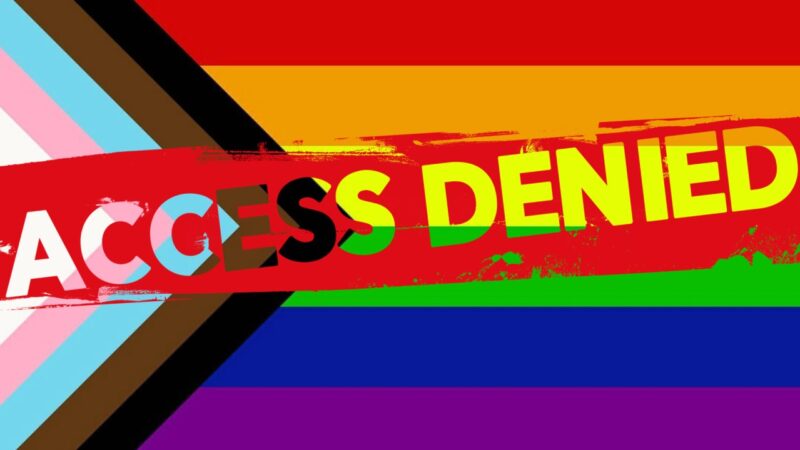
Age-Verification Laws Seek to Erase LGBTQ+ Identity from the Internet
Age-verification laws are being weaponized to censor LGBTQ+ and abortion-related content online, restricting access to critical resources under the guise of protecting children.
-

A new idea to protect kids online
The way to make age verification policy impervious to legal challenges is to make it a requirement of operating systems rather than websites, social platforms or apps.
-

Many pornography websites aren’t complying with new Va. age verification law
Virginians can still easily access blocked websites like Pornhub through virtual private networks, or VPNs — encryption methods that allow easy access to websites regardless of location.
-

Accessing Porn In Utah Is Now a Complicated Process That Requires a Picture of Your Face
The facial analysis method involved about six steps if it went perfectly the first time, but sometimes it failed and needed to be redone, or required extra permissions from the browser.
-

Florida principal resigns after parents decry Michelangelo’s David as pornography
Tallahassee Classical school’s governing board heard complaints after sixth-graders were shown classical sculpture
-

‘Beloved’ & ‘Wicked’ & other books face obscenity complaints seeking to pull from schools
Elected Rutherford County school officials will decide if “Beloved” should be deemed obscene and pulled from campus libraries.
“There are less restrictive alternatives to imposing strict, government-mandated age verification requirements on internet companies. These alternatives include content filtering software and other device-level restrictions. When strict scrutiny applies and there is a feasible, less restrictive alternative to a law, the government must use the alternative… While the protection of children is a goal everyone can agree on, courts must not tolerate restrictions that infringe the First Amendment freedoms of adults.”
— Cato Institute
Who Opposes Website-Based Age Verification
“Age-verification technology is not ready for prime time, which is the first and most fundamental problem with the proposals that rely on it. The technology either lacks accuracy or deeply invades privacy.”
— R Street Institute
Who’s Behind the Laws
While the origins of any single law are sometimes obscured, several organizations have been public about their role, or have published model legislation that has subsequently been introduced.

Formerly Morality in Media, NCOSE opposes adult content entirely and believes that it should be banned. They have pushed age-verification bills such as KOSA which allow the government to pressure websites to remove “harmful” information.

American Principles Project is an anti-LGBTQ+ organization whose author has explicitly called for banning pornography and contraception.

Citizens for Renewing America published model age-verification legislation and advocates for an expansive view of what constitutes “pornography,” including sexual education and discussions of LGBTQ+ issues. President Russel Vought called age-verification the “backdoor” to greater censorship.

“We’d have a national ban on pornography if we could”
— Russ Vought, President, Center for Renewing America
on age-verification legislation advanced by CRA
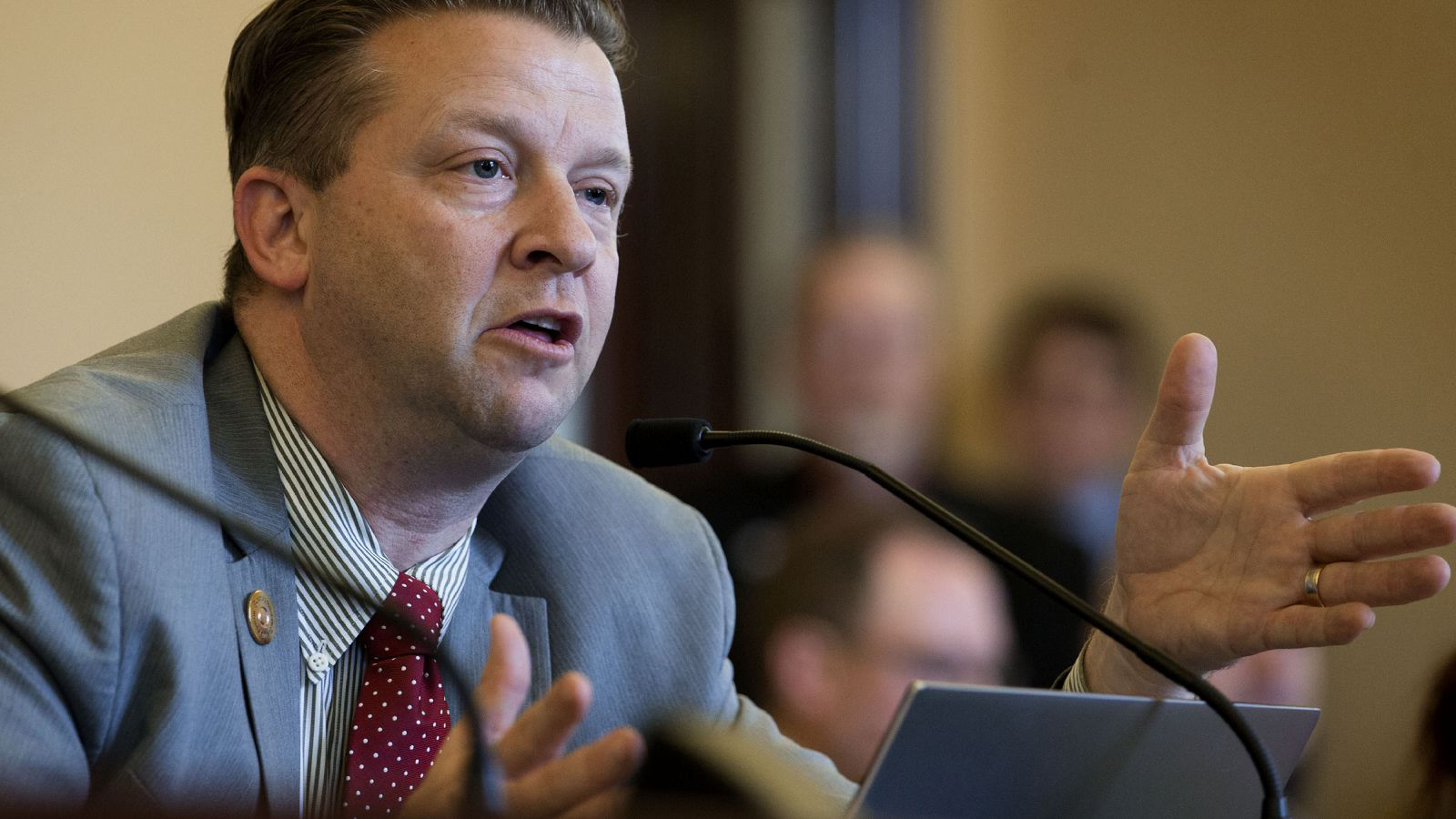
“Nobody in the Utah government that I’ve talked to is terribly concerned that PornHub has decided to turn off the spigot for Utah”
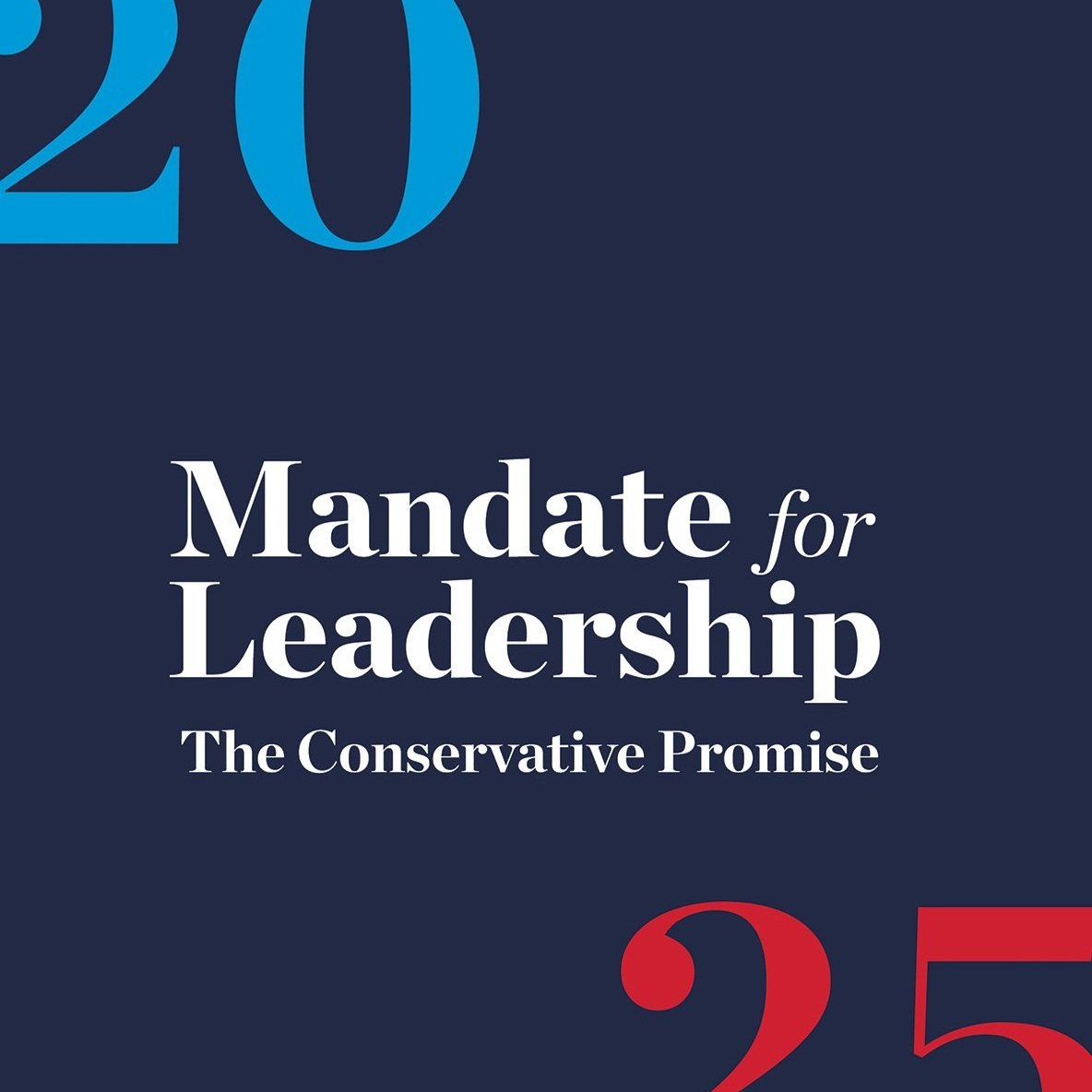
“Pornography should be outlawed. The people who produce and distribute it should be imprisoned.”
Other Proponents of Age Verification Legislation
























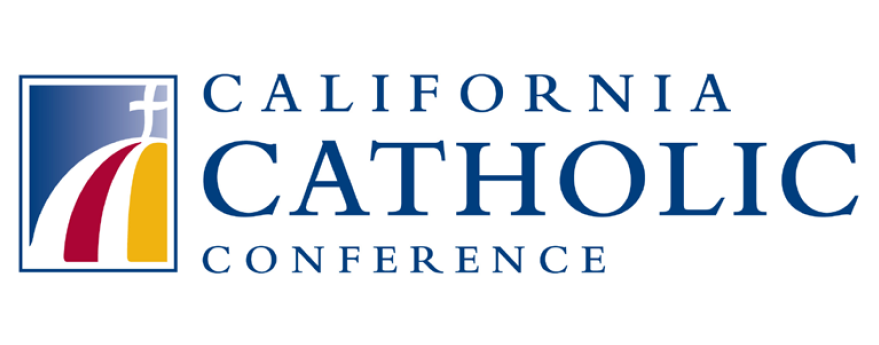
How we can truly protect kids online
“The most effective, secure, and equitable solution for protecting all users, both minors and adults alike, is to implement a mechanism that verifies a user’s age only once and at the point of access to the internet: on the device”
— International Center for Missing and Exploited Children (ICMEC)
Device-level filters
Parental filters come pre-installed on nearly every phone, tablet and laptop sold. Turning them on is quick, easy — and much harder for kids to get around. Some states have voted that device level filters come pre-installed on new devices, but other solutions exist including point-of-sale instructions to parents, push notifications and public awareness campaigns.
Device level age-verification
Our devices largely know who we are and how old we are. Performing age-verification at the device-level only has to be done once — and doesn’t require your personal information to be shared with hundreds of sites. The International Centre for Missing and Exploited Children (ICMEC) has put forth sample legislation that will protect kids without encouraging censorship, risking privacy, or triggering First Amendment challenges. See it here: The Digital Age Assurance Act
-
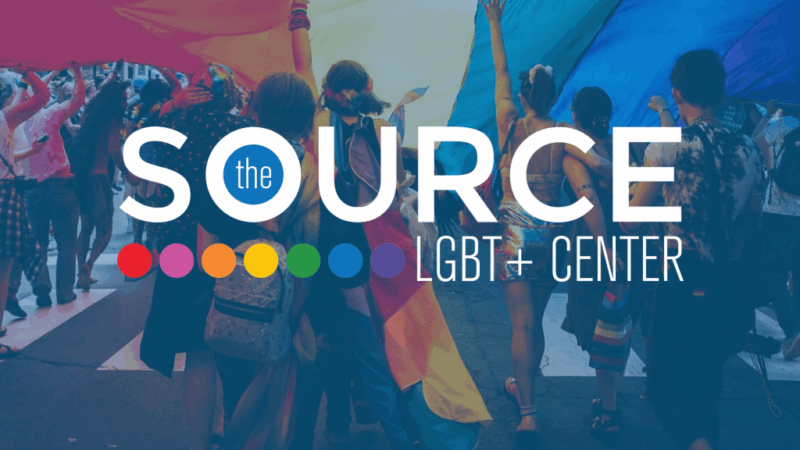
LGBTQ+ Organization Endorses California Digital Age Assurance Act
What makes this approach unique is its balanced consideration of both safety and access. The bill doesn’t require content filtering that might block LGBTQ+ information. It doesn’t demand that platforms collect sensitive personal data. Instead, it creates age-appropriate protections while ensuring teens can still access the resources they need.
-

Opinion: California parents need our lawmakers to pass the Digital Age Assurance Act
This proposed legislation feels like a long-overdue lifeline for parents like me who want to empower our kids online, but with the proper guardrails in place.
-

Minnesota Model Bill: Device Based Age Settings
Minnesota’s Attorney General has published model legislation that would give families the ability to opt-in to age- based protections robustly as part of a report
-

Device-Level Age Verification Is Our Best Shot at Protecting Kids Online
Instead of a piecemeal approach that targets individual platforms or specific content providers, we should instead implement age verification at the device level, making smartphones themselves the guardians of age-appropriate access.
-

Protecting Kids and Adults Online: Device-Level Age Authentication
Device-level age authentication can address some of the Court’s concerns about chilling adult speech. Users need not confront the dilemma whether to provide personally identifiable information in exchange for particular content. And there are fewer opportunities for identity theft.
-

The Kids Online Safety Act was a good start, but app stores need accountability too
[C]ompanies like Apple and Google already collect user birthdates during sign-up. The basic infrastructure for age verification is currently in place.
Featured Resources
-
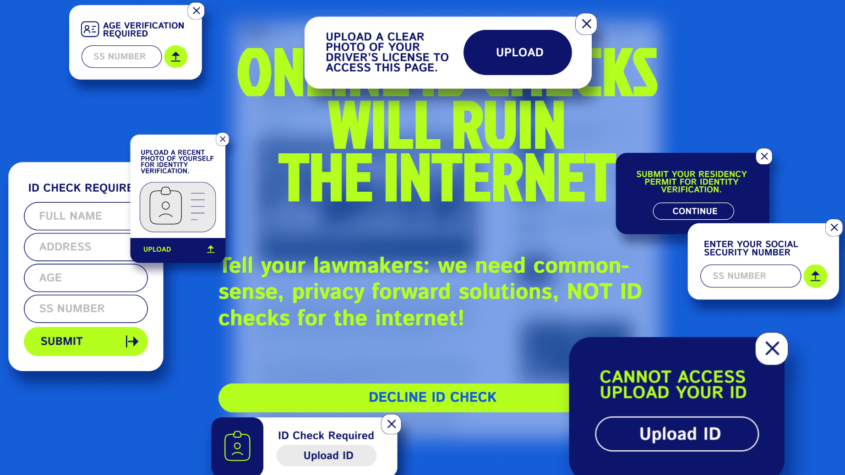
Stop Online ID Checks
Lawmakers are using kids as pawns to push these age-gating bills. But limiting access to information and mandating intrusive data collection doesn’t help kids—it makes them even less safe.
-

Fact Checking Age-Verification
The Woodhull Freedom Foundation, a nonprofit dedicated to protecting sexual rights as human rights, fact checks claims about age verification.
-
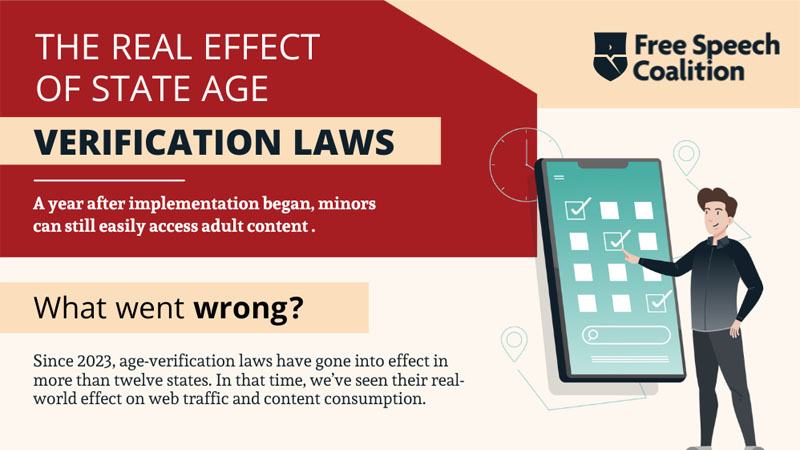
The Real Effect of Age-Verification Laws
Think age-verification legislation is effective? The data shows why you should think again.

